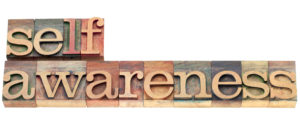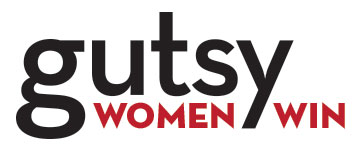Practice the Pause
One of the most critical learnings for leaders is self-awareness. Self awareness is defined as the “conscious knowledge of one's own character, feelings, motives, and desires.” How you behave and respond to external situations is governed by internal mental and emotional processes. Self-awareness uncovers thought-patterns, feelings and habits. Knowing your own operating system can lead to better decision-making and behavioral responses. When we focus on ourselves, we are able to evaluate and compare our current behavior to the standards and values in the culture we are operating in.
“Your visions will become clear only when you can look into your own heart. Who looks outside, dreams; who looks inside, awakes.” ― C.G. Jung
 Here are three practices that my clients have found helpful for self-awareness: Be mindful Ask yourself these questions:
Here are three practices that my clients have found helpful for self-awareness: Be mindful Ask yourself these questions:
- “Where am I coming from?"
- "How am I showing up?"
- "What is my impact?”
When you become aware of your response, observe your impact. Then pause. Reflect on whether this was the impact you wanted to have. If yes, congratulations! If no, what do you need to change to have the impact you want? Be Aware
- Of Self
- Of Others
- Of the Environment/System/Situation/Culture
Being aware of these three entities puts you in a position of conscious choice, not automatic pilot. Conscious choice gives you the ability to respond, not react. Practice the pause. It helps you take responsibility for your actions. Response-Ability. In other words, you have the ability to respond appropriately from a place of conscious choice because you are aware of self, others and the environment.
“The better we know ourselves, the more we can exercise the important choices we have in any moment.” ― Shastri Gayle Van Gils
Notice, Pause, Breathe, Choose, Act A person without self-awareness runs on autopilot, and responds with knee-jerk reactions. Self-awareness allows you to assess your situations quickly, rationally, and with an open mind, without acting on biases and stereotypes. Practice the Pause. Take a deep breath before you act, especially when a situation triggers anger or frustration. This gives you time to reassess whether your response will be the best one.
“There comes a time when you look into the mirror and you realize that what you see is all that you will ever be. And then you accept it. Or you kill yourself. Or you stop looking in mirrors.” ― Tennessee Williams

0 comments
Leave a comment
Please log in or register to post a comment